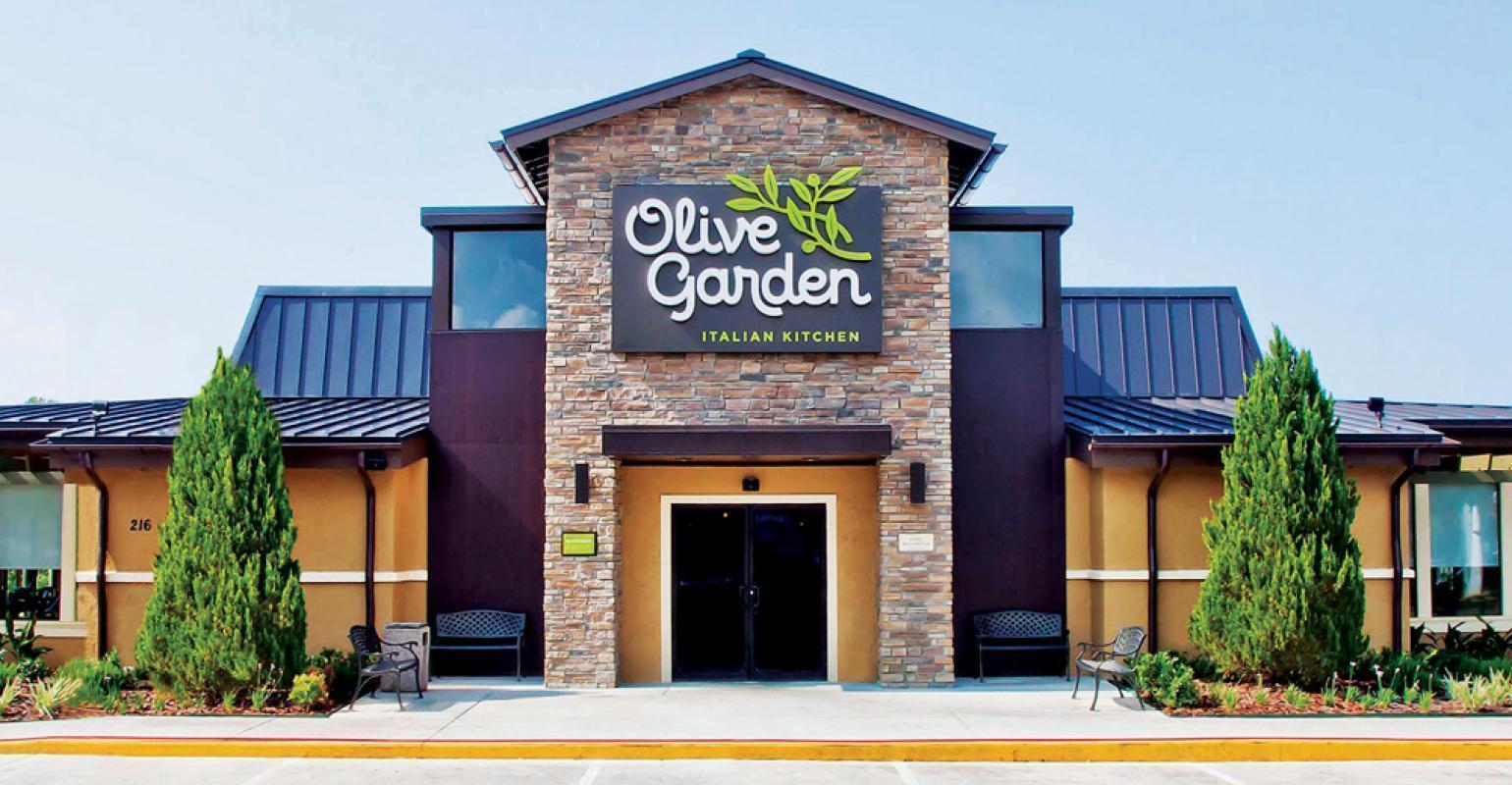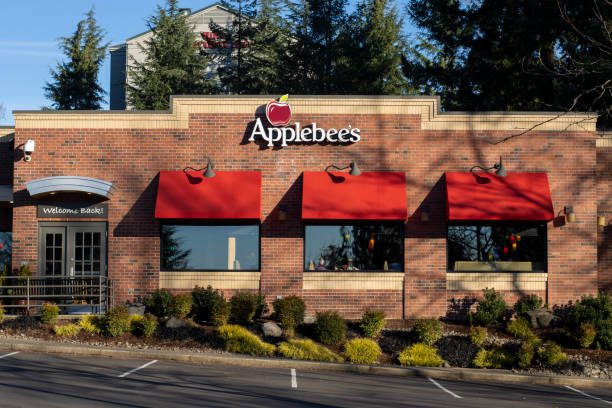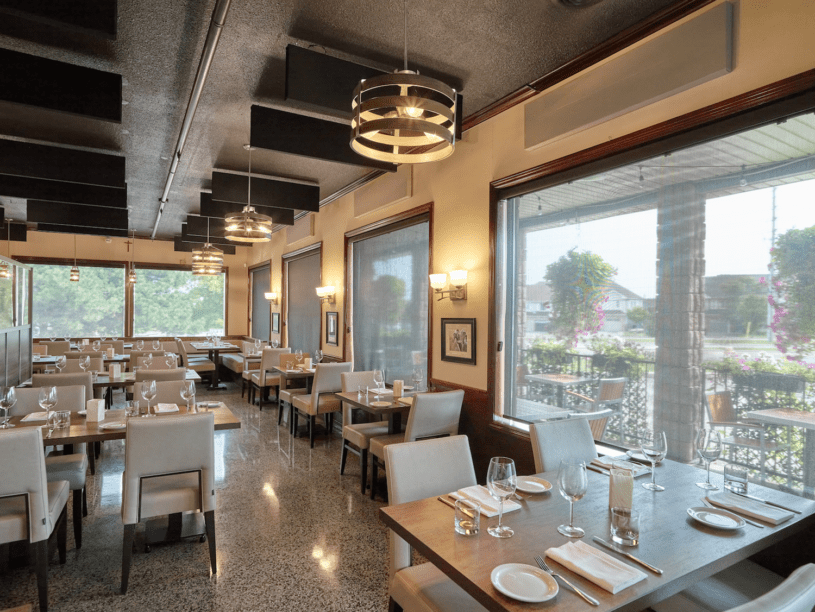
The brand maintains its profitability by focusing on value, balancing portion size and affordability.
Olive Garden, founded in 1982, is a popular and well-known American casual dining franchise recognised for its Italian-American cuisine.
As of 2023, it operates over 900 locations globally, making it a key player in the casual dining market.
A pioneer in the hospitality sector, the chain is a member of the Darden Restaurants group. It has expanded by emphasising the provision of a cosy, family-friendly eating experience with specialities like breadsticks, pasta, and soups.
Roots and Early Growth
In an effort to grow its brand of Italian restaurants, General Mills opened Olive Garden in Orlando, Florida.
The restaurant’s initial success led to rapid expansion, with 145 outlets by the late 1980s.
The restaurant’s distinctive formula of limitless soup, salad, and breadsticks helped it become well-known in the Italian casual dining scene.
Management and Business Strategy
Olive Garden’s parent company, Darden Restaurants, has emphasized strategic management focused on customer experience and innovation.
Under Darden, Olive Garden has effectively sustained a consistent growth trajectory through marketing initiatives, promotions, and operational efficiency.
The restaurant chain focuses on family-style dining and comfort food, appealing to a broad demographic.
To keep its attraction and relevancy to its customers, Olive Garden’s management consistently adds new menu items while preserving its classics.
Olive Garden has adapted to changing market trends by incorporating digital innovations, such as online ordering and a robust delivery system.
This allowed the brand to remain competitive during the COVID-19 pandemic when in-person dining was restricted.
Financial Performance
Olive Garden is a major contributor to Darden’s financial performance.
In 2023, the parent company reported revenue of over $10 billion, with Olive Garden accounting for a significant portion of these earnings.
The brand maintains its profitability by focusing on value, balancing portion size and affordability.
<pOlive Garden’s “Never-Ending Pasta Bowl” promotion is one of its most popular marketing initiatives, driving significant foot traffic during the promotional periods.
In 2019, Darden reported that Olive Garden’s sales from this promotion alone boosted earnings by millions of dollars, reinforcing its importance in the company’s strategy.
Expansion and Global Presence
While Olive Garden primarily operates in the U.S.
the chain has expanded internationally to markets such as Canada, Mexico, and several countries in the Middle East.
The brand’s ability to cater to different tastes by slightly adjusting its menu based on local preferences has helped it succeed in these markets.
Despite international expansion, the U.S. remains Olive Garden’s primary market.
Menu Innovation and Customer Loyalty
Olive Garden’s menu has expanded over the years, featuring classic Italian-American dishes such as fettuccine alfredo, lasagna, and chicken parmigiana. The restaurant is known for its generous portion sizes and its unlimited soup, salad, and breadsticks, which have become a hallmark of the dining experience.
Olive Garden continuously introduces new menu items, including healthier options, to keep pace with evolving consumer preferences.
<p>In addition to its culinary offerings, Olive Garden has developed a devoted clientele because to its warm and welcoming eating atmosphere.
It also introduced a loyalty program that rewards repeat customers, helping to strengthen brand loyalty.
Community and Social Responsibility
Olive Garden is also committed to community involvement and charitable giving.
<p>The company participates in programs like “Olive Garden Harvest,” which donates food to local food banks, helping to fight hunger in the communities it serves.
The chain has also taken steps to ensure sustainability, focusing on energy efficiency in its restaurants and sourcing responsibly for its ingredients.
Conclusion
<p>Olive Garden’s success can be attributed to a combination of strong management, a focus on customer experience, strategic menu development, and its ability to adapt to market
trends. Leading casual dining chain Olive Garden continuously expands and provides value while preserving its family-friendly Italian-American character.
Due to its substantial contribution to total performance, Darden Restaurants is a very successful casual dining brand with a devoted clientele and a worldwide presence.



